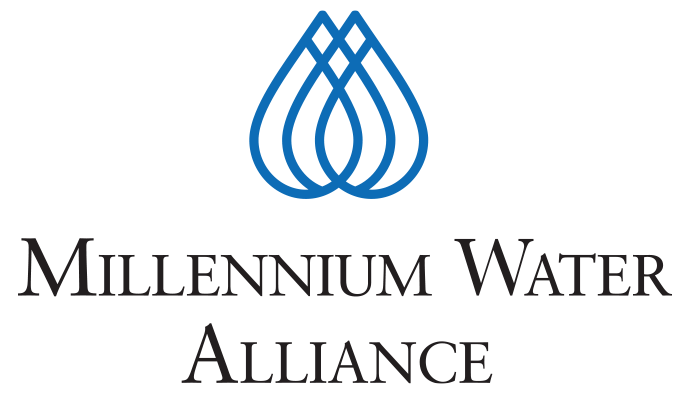The Millennium Water Alliance has adopted Multiple Use Water Services (MUS) as an institutional strategy to meet the water, sanitation, and hygiene (WASH) needs of users in rural and peri-urban areas of developing countries. The IRC International Water and Sanitation Centre defines MUS as an approach to water services that considers the multiple needs of (poor) water users, who take water from a number of sources, and communities’ own priorities as the starting point for investments in new infrastructure, management arrangements, and the rehabilitation of existing infrastructure.
Traditionally, governments and non-governmental organizations have implemented single-purpose water projects, either for domestic uses (drinking, cooking and hygiene) or for irrigation. MWA has learned that a water point that starts out as a single-purpose scheme often becomes a de-facto multiple-use system, leading to unforeseen problems. The water resource may be depleted more quickly and conflicts may arise over the various uses of the water. Some users may be unable to collect their “fair share” of water because of overuse, and the system may break down.

MUS seeks to avoid these problems by designing and implementing/upgrading infrastructure to incorporate both domestic and productive uses of water. Case studies in a number of countries reveal that the time saved from having to search for and fetch water is often used for other productive activities such as going to school or planting vegetable gardens that can be used later for food or for sale. Other community members may use productive water for tea shops or hair salons, generating extra income for them and their families, thus alleviating poverty. New research by Winrock International, funded by the Bill and Melinda Gates Foundation, shows that relatively low incremental investments for MUS projects provide disproportionately high benefits, with high benefit-cost ratios as a result.*
*“Multiple Use Water Services for the Poor: Assessing the State of Knowledge”, December 2007
MWA and its member organizations launched a MUS program in Ethiopia this year with funding from The Conrad N. Hilton Foundation and The Coca-Cola Africa Foundation. This program will reach communities in rural areas with support for water supply improvements and multiple uses of water (MUS). It will improve water access, sanitation and hygiene (WASH) in institutions and households and empower women through water-related entrepreneurship. MWA members also paid a preparatory visit to Kenya in May 2013 to consult with rural communities about their uses and demand for water. The trip is the first step towards designing and implementing a 3R (Retention, Recharge and Re-use)/MUS Program in Kenya that will provide adequate water for the communities’ domestic and productive needs.


